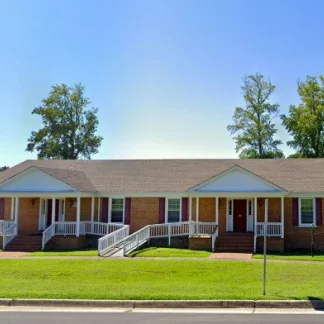Community Services Board - Dinwiddie Counseling Services
Dinwiddie, Virginia, 13900 Courthouse Road, Suite C, 23841
Available Programs
- Adolescence program
- Adult program
- Children program
- Program for men
- Program for women
- Young adult program
Insurance and Financial
- Medicaid
- Self-pay options
- Medicare
- Financing available
- Military insurance
- Sliding scale payment assistance
About this Facility
Community Services Board - Dinwiddie Counseling Services offers outpatient treatment for adults and adolescents with alcohol and/or substance addiction. The program includes case management, psychiatric evaluations, medication evaluations, assessment and more. Community Services Board - Dinwiddie Counseling Services is located at Virginia.
Their primary goal is to provide quality community-based services to people in need. They are able to serve adults with serious mental health issues, children and adolescents with emotional disturbance as well as individuals from all ages in need of mental health or substance abuse services.
Outpatient services for adults include screenings, substance abuse evaluations, Motivational Enhancement Group (MET), individual counseling, intensive outpatient program, co-occurring disorder treatment and relapse prevention treatment.
Their services also include adult services, crisis services, child and adolescent services and community integration.
Contact us for more information: (804) 469-3746

Contact Community Services Board - Dinwiddie Counseling Services
Connect with Community Services Board - Dinwiddie Counseling Services by calling their admissions team directly.
(804) 469-3746 Website Get Directions